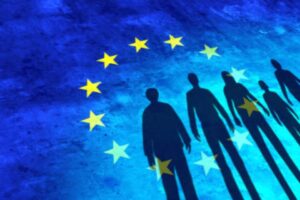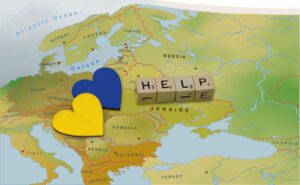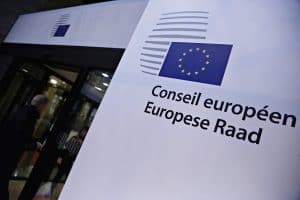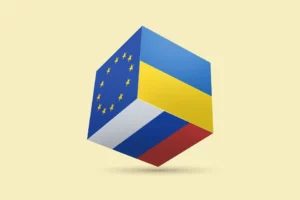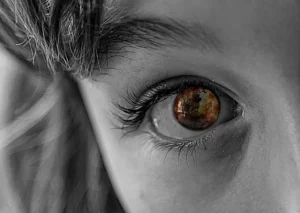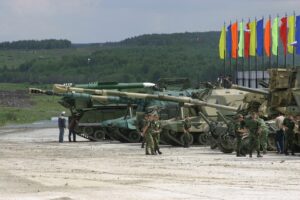The European Union has expanded their sanctions package against 8 more individuals for their roles in threatening and acting against the territorial sovereignty of Ukraine, according to a press release published by the European Council.
“The Council today decided to impose restrictive measures on an additional 8individuals for actively supporting actions and implementing policies that undermine or threaten the territorial integrity, sovereignty and independence of Ukraine,” the press release reads.
The actions taken are against several individuals that held positions of power in the areas of Ukraine that were annexed by Russia in 2014. The infractions that the EU is holding against them include oppression of people opposed to Russian rule after the annexation, aiding Russia before and during the annexation, and other politically-motivated abuses of human rights and territorial sovereignty.
“The persons added to the EU sanctions list include law enforcement officials – judges, prosecutors and security officers – responsible for enforcing Russian law in the illegally-annexed Crimea and Sevastopol. Those individuals have taken biased decisions in politically-motivated cases, and prosecuted or oppressed opponents of the illegal annexation of Crimea and Sevastopol,” the press release reads.
A total of 185 individuals and 48 entities now have EU sanctions officially listed against them. Sanctions include travel bans, asset freezes, and prohibiting EU organizations from providing funds for them.
“EU restrictive measures regarding the territorial integrity of Ukraine now apply to a total of 185 persons and 48 entities. Those designated persons are subject to an asset freeze – including a prohibition on making funds available to them – and a travel ban, which prevents them from entering or transiting through the EU,” the press release reads.
In 2014, Russia annexed Ukraine’s Crimea Peninsula after Ukrainian protestors ousted their pro-Russia president. Shortly after, the war in Ukraine’s Donbas region began, which has been ongoing since the Spring of 2014.
The EU, without giving direct combatant aid to Ukraine, has provided assistance in other ways including humanitarian support, non-lethal aid, and repercussions against the individuals responsible for the situation in Ukraine, such as the sanctions enacted against the people and entities that support the pro-Russia agenda.







